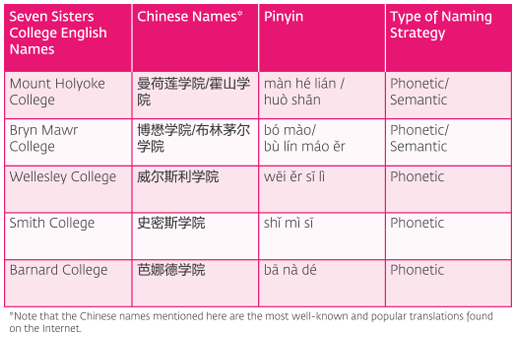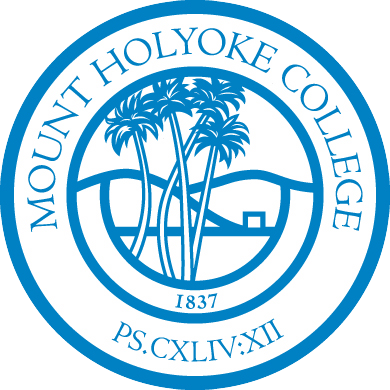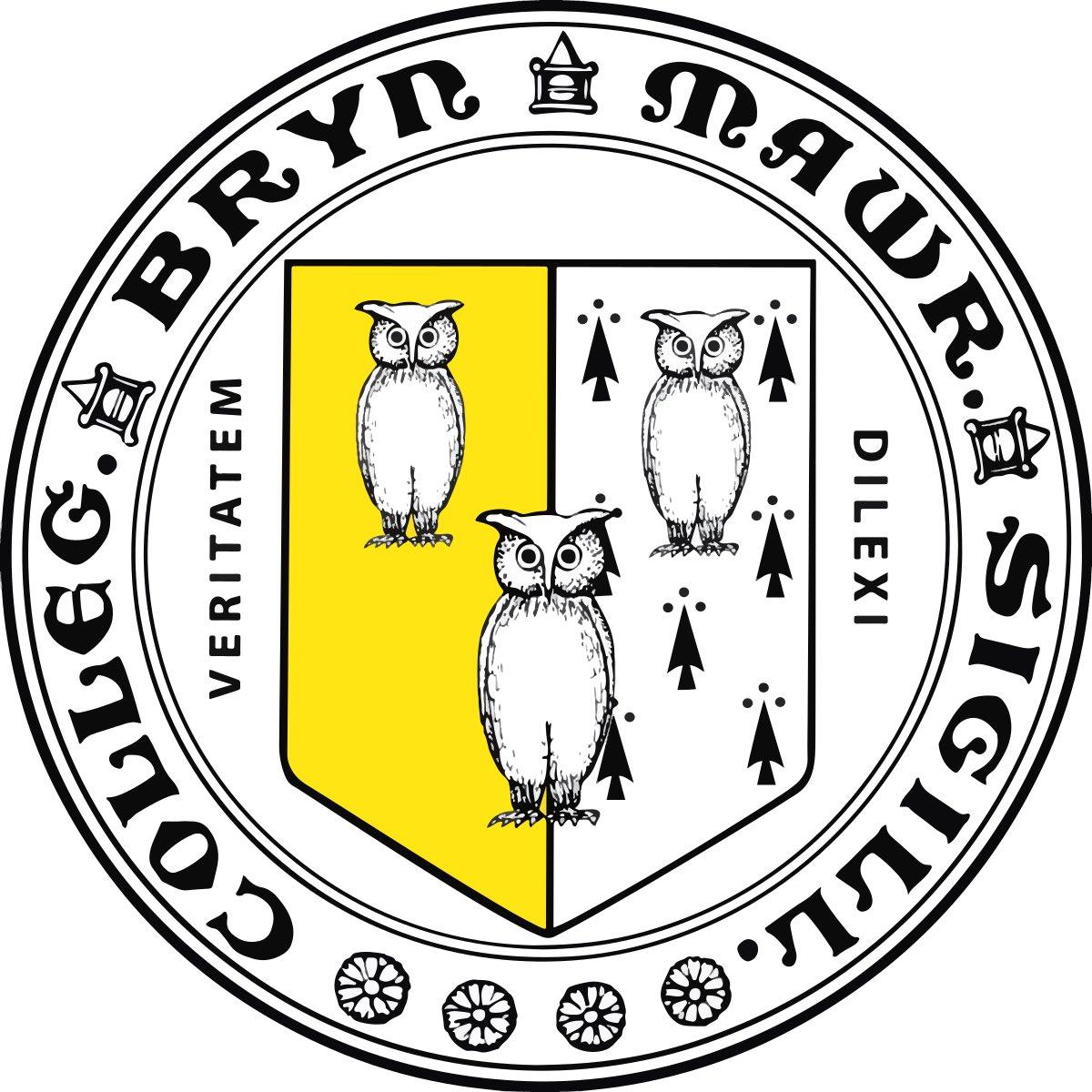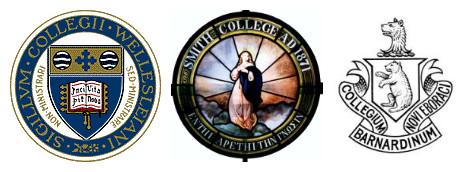

BY Jennifer JIANG Discover the prominence of the US as the preferred study-abroad destination for Chinese students, with a significant number pursuing undergraduate studies or even starting high school at a younger age. The “2010 Open Doors Report” from the US Embassy in China highlights that Chinese students constituted approximately 18% of international students in US colleges and universities. Surpassing India, China has emerged as the foremost source of foreign students in the US, reflecting a growing trend in international education choices. Explore the impact of Chinese naming of US colleges to better understand their appeal to students and parents in China.
The other notable trend that accompanies the popularity of studying abroad in the States is the increasing awareness of liberal arts colleges (LACs) among Chinese students and parents. Known for their compactness, LACs offer top-class undergraduate education with the focus on fostering a well-rounded personality and developing an inquiring mindset. For these educational institutions, their Chinese names have the potential to contribute to their notability. The Chinese names give Chinese parents and students a first impression as they start their college search. To compare the differences in the Chinese naming of the LACs, we have picked the renowned Seven Sisters Colleges that currently only admit female students to illustrate their strategies.

NAME ANALYSIS

Mount Holyoke College was established in 1837 and is the oldest among the Seven Sisters Colleges. The English name originated from the nearby mountain Mount Holyoke in South Hadley. Bryn Mawr College was founded in 1885 and it was named after the town in which it is located. In fact, the name “Bryn Mawr” is Welsh and it means “high hills”. Many US colleges acquired their names through association with their geographical locations. However, place names may bring little meaning to the international audience, except sounding foreign. For both colleges, one of their two commonly used Chinese names is more or less a direct translation of the name of a place. “霍山” and “布林茅尔” as names for academic institutions may create little sense of relatedness to the Chinese audience. On the other hand, the names “曼荷莲” and “博懋” represent a more effective naming strategy. Both of them share phonetic similarities with the original English names, with added semantic meanings.
Both “曼荷莲” (man he lian) and Mount Holyoke have three syllables, therefore phonetics “曼” usually goes with the word “曼妙” in Chinese, which has the meaning of graceful, soft, or long, often used to describe the elegance of women. “荷” and “莲” both mean lotus, with the connotation of purity and nobility. Putting these words together in Chinese, one can easily associate the name with an established women’s college. In fact, “曼荷莲” also have implications in Buddhism. In Sanskrit, “曼” is man’s soul and spirit representing the state of mind. Lotuses, grown from muddy water, are Buddha’s enthronement thus they represent Buddhism in many Asian countries. Interpreted as one phrase, “曼荷莲” is a mental state whereby lotuses blossom. Indeed, one does not know whether the connotation in Buddhism was created intentionally or not. Nevertheless, the name stands out in the sense that it successfully conveys the unique characteristics of the Mount Holyoke College’s positioning as a leading women’s college.

For Bryn Mawr College, the story is somewhat more complicated. Because of its Welsh origin, picking a Chinese name is no easy task. The name “博懋” came into being after rounds of brainstorming and discussion with the stakeholders of Bryn Mawr College. “博” means knowledgeable, profound, or abundant. “懋” is not a commonly seen Chinese character in the sense that one does not use it often in everyday conversation and writing. “懋” has multiple meanings such as grand, hard-working, or to encourage. As a whole, this Chinese name portrays the educational philosophy and student personality at Bryn Mawr College. Even though the choice of the character “懋” remains debatable, Bryn Mawr College manages to distinguish itself from many other liberal arts colleges with a Chinese name that does not necessarily sound feminine.

The Chinese names of the remaining sisters (Wellesley College, Smith College and Barnard College) all use transliteration. Wellesley stemmed from a town’s name; Smith is a common family name in the US; Barnard was the last name of the President of the then Columbia College (now Columbia University). These colleges have Chinese names that closely follow the English pronunciation. Their intactness could be partially attributable to the subtleness of translating western family names into Chinese in addition to reluctance to alter place names. After all, relying simply on transliteration may well serve the goal of being known as a western academic institution.
CONCLUSION
Explore the unique landscape of US higher education for Chinese students, delving into the distinctive naming strategies employed by institutions such as the Seven Sisters Colleges. While liberal arts colleges gain traction among Chinese students and parents, the process of creating Chinese names for these colleges remains intriguing. Unlike other foreign brands, US colleges often lack direct control over their Chinese names, with decisions made by external parties. Proactively crafting a Chinese brand name empowers US colleges to shape their brand identity, influencing perceptions within this crucial target audience. Uncover the dynamics of Chinese naming in the context of US higher education.
A Labbrand Group Company © 2005-2025 Labbrand All rights reserved
沪ICP备17001253号-3To improve your experience, we use cookies to provide social media features, offer you content that targets your particular interests, and analyse the performance of our advertising campaigns. By clicking on “Accept” you consent to all cookies. You also have the option to click “Reject” to limit the use of certain types of cookies. Please be aware that rejecting cookies may affect your website browsing experience and limit the use of some personalised features.